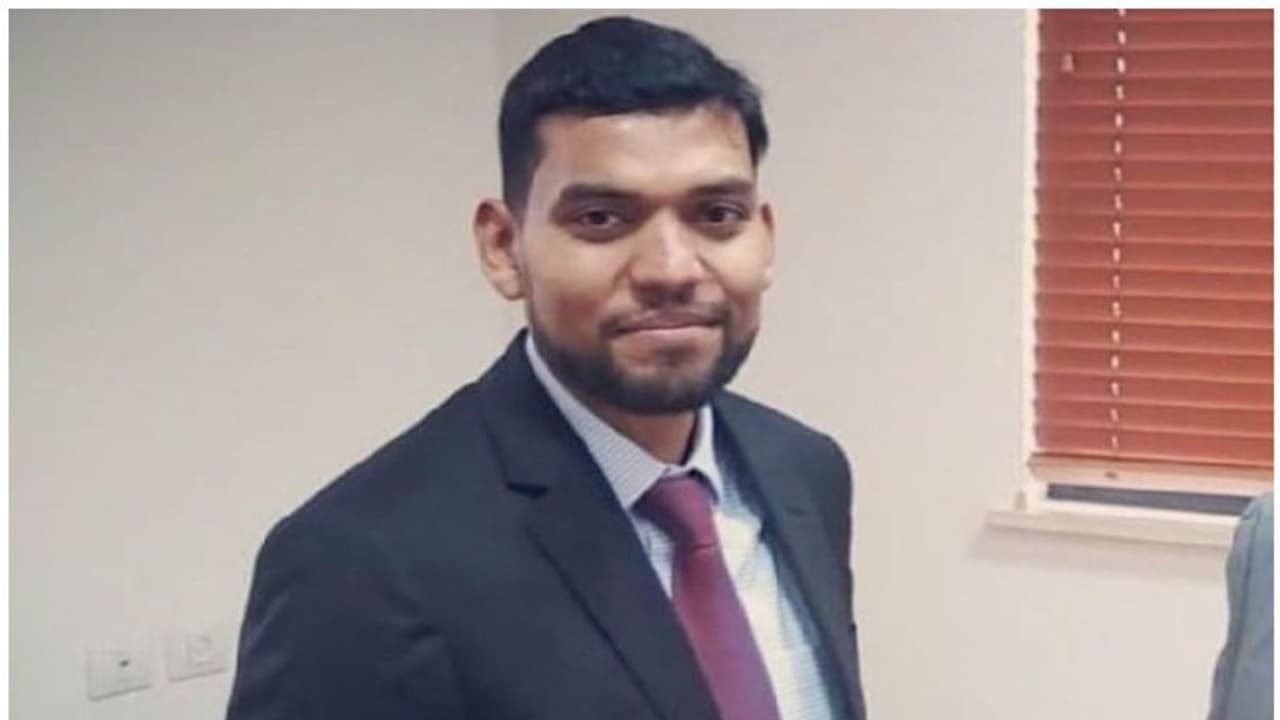The Delhi HC dismissed a plea for a special probe into IFS officer Mukul Arya’s 2022 death in Ramallah, ruling no evidence of foul play. Justice Sanjeev Narula said inconclusive autopsy findings don’t imply crime and denied the family’compensation.
Bengaluru: The Delhi High Court has declined to direct a special probe or commission of inquiry into the death of Indian Foreign Service officer Mukul Arya, who served as India’s representative to Palestine and was discovered deceased at his Ramallah residence on March 6, 2022. In his ruling, Justice Sanjeev Narula observed that the investigation had been comprehensive and multi-faceted, noting that autopsy findings that remain inconclusive do not automatically suggest criminal activity. The petitioner, brother of the deceased, had argued that his 37-year-old sibling was healthy and stationed in a crucial diplomatic position, making the sudden and unexplained death suspicious. He maintained that the circumstances warranted thorough examination through an inquiry commission. However, the petition was dismissed by Justice Narula.
“Limits of forensic science due to decomposition and loss of key evidence are not uncommon. Courts cannot create evidence or order further inquiry where circumstances leave an evidentiary void. Unless there is credible material hinting at deliberate wrongdoing, directions for a further or special investigation, or a Commission of Inquiry, are not justified,” LiveLaw reported the judge as saying. In addition, the petitioner had sought compensation from the central government, including notional salary for the remaining period of service with compound interest, along with an extraordinary pension for their mother. While dismissing the petition, the court acknowledged the family’s natural desire for answers and accountability regarding Arya’s death but emphasized that the legal system demands adherence to established judicial principles.
What Was The Court Verdict?
The court clarified that writ courts are not meant for conducting broad exploratory investigations. Their jurisdiction is limited to evaluating whether investigations were prejudiced, superficial, or fundamentally flawed; whether evidence of criminal activity was overlooked; and whether additional judicial intervention would serve justice. “Taken together, the affidavits and status reports filed by the Union of India and the State of NCT of Delhi, a consistent picture emerges: the deceased bore no external or internal injuries, no fractures, no signs of poisoning, and no foreign DNA suggestive of third-party involvement. The final medical view, shaped by the limits of decomposition and incomplete preservation of samples, remains inconclusive as to the precise cause of death,” LiveLaw reported the judge as saying.
The court noted that while Palestinian and Jordanian medical reports indicated possible ethyl alcohol poisoning potentially aggravated by Sertraline, the AIIMS medical panel concluded that the ethyl alcohol levels detected in thoracic fluid alone could not definitively establish the cause of death, given the state of decomposition and absence of blood samples. Justice Narula stated that should substantial evidence pointing to external involvement emerge in the future, authorities would remain free to take appropriate legal action. Responding to the petitioner’s request, the court directed authorities to provide the family with copies of all medical opinions and status reports. The petition seeking extraordinary family pension was also rejected, with the court noting that salary payments terminate upon death and that extraordinary pension regulations for civilian government employees were not applicable in this case.
